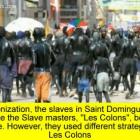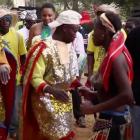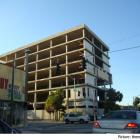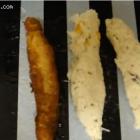ADVERTISEMENT
Woodrow Wilson
Haiti invasion of Haiti caused by fair of Caco leader Rosalvo Bobo
After the lynching of President Vilbrun Guillaume Sam for the massacre of 167 political prisoners, US feared that anti-US Caco leader Rosalvo Bobo might take over. President Wilson as a consequence ordered the invasion of Haiti
The US marines headed by Admiral William B. Caperton stormed the shores of Haiti. During the invasion of the American military forces in Haiti, Rosalvo Bobo was very popular. He was known as the rebel leader who managed to remove Vilbrun Guillaume Sam from power. However, Admiral William B. Caperton considered him as an enemy of the US and instead selected Sudre Dartiguenave to become president.
US Marines boarding the U.S.C Connecticut july 1915 to Haiti.
Here is a picture of US Marines boarding the U.S.C Connecticut july 1915 as they are heading to Haiti
In the beginning, following the assassination of Jean Vilbrun Guillaume Sam, a Pro-U.S Haitian President, the U.S President Woodrow Wilson sent a first team of U.S Marines into Haiti on July 28, 1915. They were sent to restore order and maintain political and economic stability in the country. However, in the wake of the First World War, the President Wilson at the same time also wanted to establish U.S dominance in the region by keeping the German settlers away from Haiti. Because, the peasant guerrillas (cocos) from the northern Haiti were heavily burdened with German loans and they wanted the Germans to invade and restore order in the country.
Thus the 19- year U.S. occupation in Haiti began with the landing of 3,000 Marines at Port-au-Prince under the leadership of Admiral William B. Caperton and that continued until 1935. However, prior to that in December 1914, in the fear of foreign intervention, Wilson administration sent U.S. Marines to Haiti who removed $500,000 from the Haitian National Bank for safe keeping in New York.
Presidential palace of President Villbrum Guilluiame Sam who was assassinated
Presidential palace of President Villbrum Guilluiame Sam who was assassinated
At the beginning of the 20th century, United States became increasingly concerned with the level of German activity and influence in Haiti. German businesses in Haiti dominated commerce in the entire area.
German nationals controlled over 80 percent of Haiti international commerce. They owned utilities in Cap Haitien and Port-au-Prince, wharf, railroad serving the Plain of the Cul-de-Sac. To get around Haitian law that forbid foreigners from owning land in Haiti, German men were increasingly marrying Haitian women and open businesses.
Although the sphere of U.S influence in the Caribbean started in 1898, in 1915, during the First World War, the U.S President Woodrow Wilson feared that Germany could invade Haiti and establish a military base near the Panama Canal that was built with huge U.S investment. The U.S President had right reasons to worry because then there were many Germans settlers living in Haiti who had financed the rampaging cacos with loans which were almost impossible to be repaid and they were at the mercy of the Germans to invade and restore order.

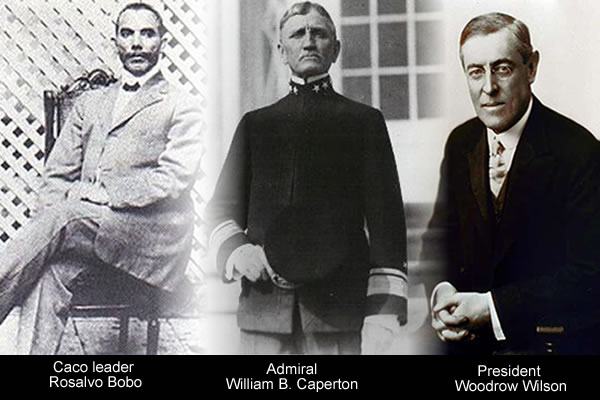
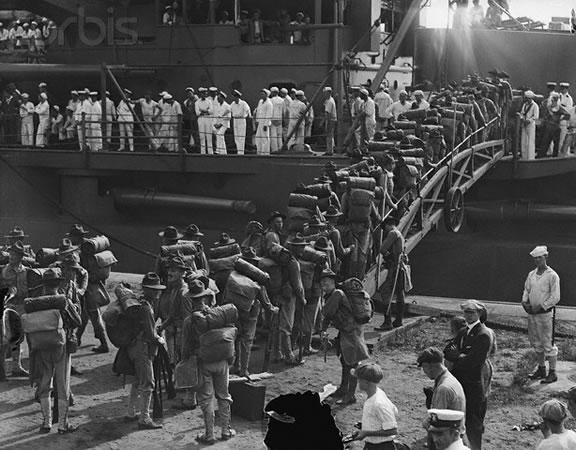
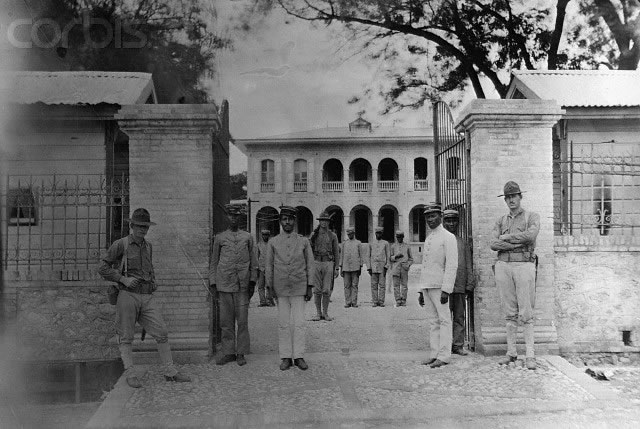
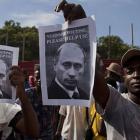 Haitian protesters called on Russian President Vladimir Putin...
Haitian protesters called on Russian President Vladimir Putin... 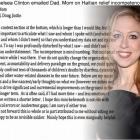 Chelsea Clinton email Dad, Mom on Haitian relief incompetence
Chelsea Clinton email Dad, Mom on Haitian relief incompetence 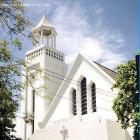 Nouveau College Bird in Port-au-Prince, Haiti
Nouveau College Bird in Port-au-Prince, Haiti 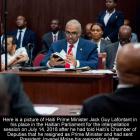 Jack Guy Lafontant resigns as Haiti Prime Minister
Jack Guy Lafontant resigns as Haiti Prime Minister  Dr. Henri Ford, First Haitian Dean At University of Miami Med...
Dr. Henri Ford, First Haitian Dean At University of Miami Med... 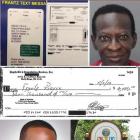 Commissioner Frantz Pierre indicted for accepting bribes
Commissioner Frantz Pierre indicted for accepting bribes 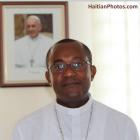 Pope Francis appointed Mgr. Launay Saturne Archbishop of...
Pope Francis appointed Mgr. Launay Saturne Archbishop of... 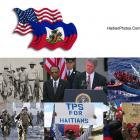 Haitians, the second largest black immigrant group in the US
Haitians, the second largest black immigrant group in the US 